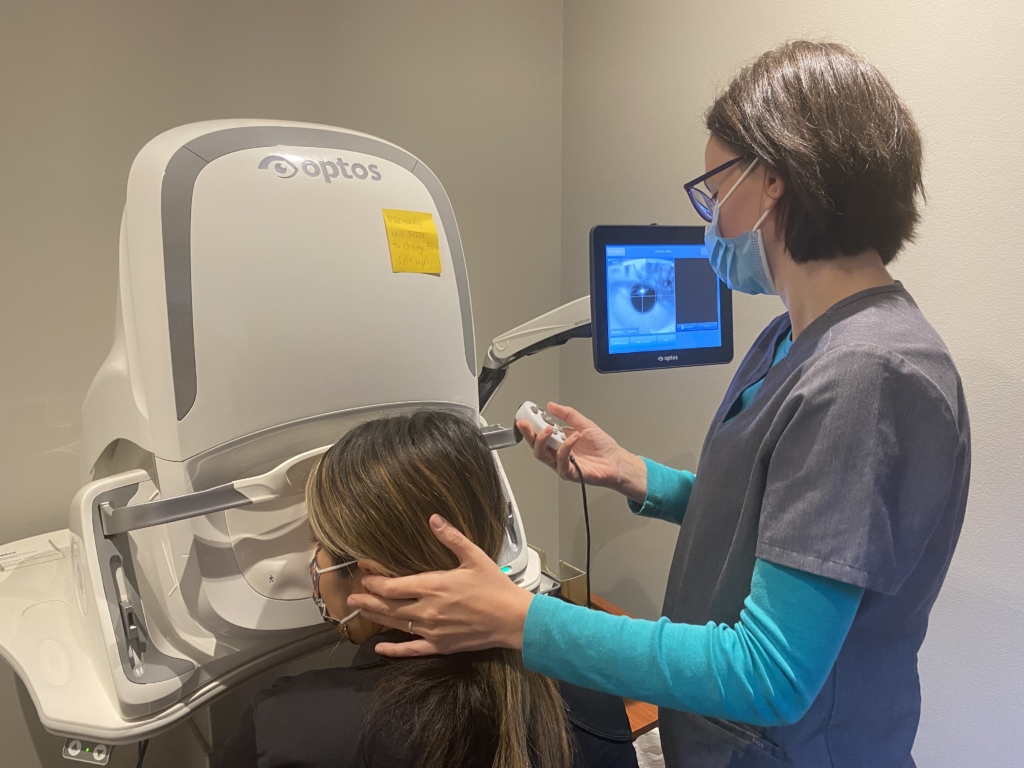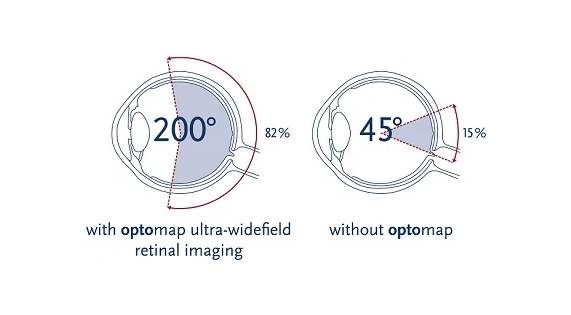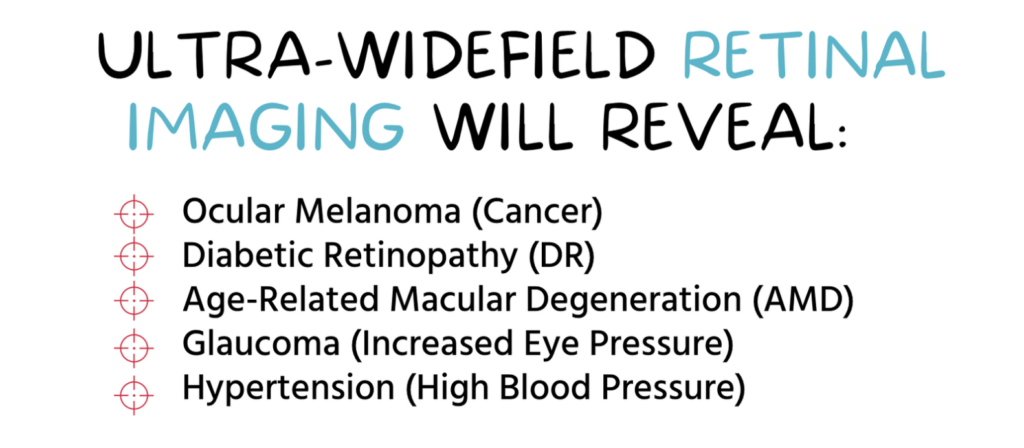HOW LONG HAS IT BEEN SINCE YOUR LAST EYE EXAM?
At Brenart Eye Clinic, we offer comprehensive eye exams that cover all aspects of your vision and eye health. We start with questions regarding your daily life and will any explore any symptoms you’re experiencing at home or at work. We will also take record of your vision, medications, and overall health. Then, our optometrists will perform a visual exam to take a look at your eye and eyelids. This is done with magnification and light and may require dilating your pupils. We also record your eye pressure with tonometry, which is an important test to identify patients at risk of developing glaucoma. After these tests, we’ll review all results and discuss any relevant treatment options or corrective lens choices you may need.
Adult should have their eyes examined every 1-2 years, and those with eye or vision issues should visit their optometrist 1-2 times per year. Regular eye exams are essential to promptly detecting conditions like glaucoma, macular degeneration, cataracts, and diabetic retinopathy. Early detection of these conditions allows for the widest range of treatment options and the best chance of slowing or reversing any symptoms.


